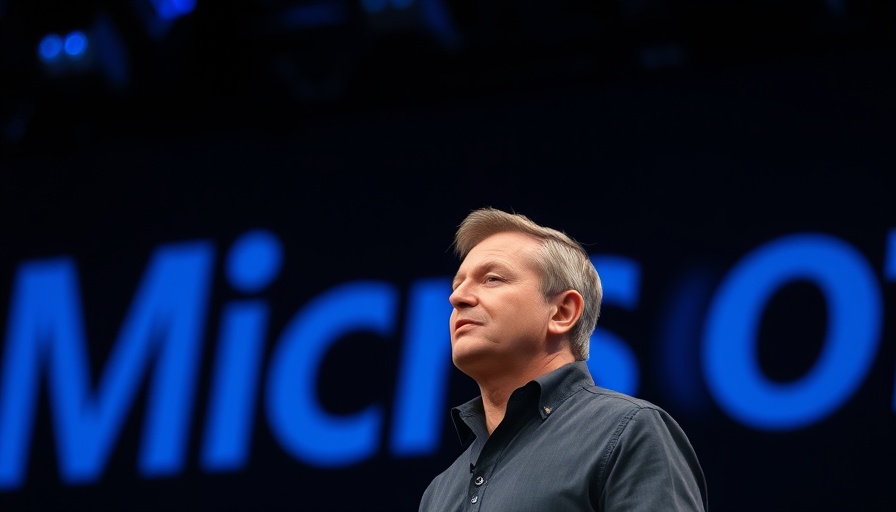
Microsoft Pioneers New Approach: Credit for AI Training Contributors
In a significant move that promises to reshape the landscape of artificial intelligence, Microsoft is launching a research initiative aimed at creating a system to credit contributors of training data. The aim is to estimate how specific inputs—from text to images—affect the outputs produced by generative AI models.
A New Frontier: Understanding AI Generative Processes
The existing architecture of neural networks has long been criticized for its opacity; outputs are generated without clear attribution of their origins. A recent job listing posted by Microsoft reveals that the project seeks to highlight the importance of individual contributions, demonstrating potential recognition or remuneration for data donors. The listing emphasizes the need to change the current paradigm, suggesting that data providers could be acknowledged, incentivized, and even compensated based on their influence in the creation of outputs.
Legal Implications: A Battleground of Copyrights
This new endeavor emerges against a backdrop of ongoing legal disputes involving Microsoft, and its AI initiatives. Numerous lawsuits have been filed against AI companies by creatives who argue that their work has been unfairly utilized in model training without proper licensing or credit. Notably, The New York Times has taken legal action against Microsoft and OpenAI over alleged copyright infringement, specifically concerning the unauthorized use of its articles in training AI models.
Data Dignity and Its Visionaries
Jaron Lanier, a prominent voice in the AI discourse and an influential technologist at Microsoft Research, champions the concept of “data dignity.” He argues that this approach highlights the connection between digital content and its human creators. His advocacy for acknowledging data contributors posits that creators should receive recognition when their work significantly influences AI outputs. For example, if an AI produces a film based on specific artistic styles, those artists could be acknowledged and potentially rewarded. Lanier’s insights highlight a future where originality and contribution to AI yield tangible rewards.
Emerging Companies Leading the Charge
Several other companies are already pioneering systems for compensating contributors of training data. Bria, an AI model developer, recently raised significant funding to create algorithms that compensate data owners based on their influence on model outcomes. Furthermore, industry giants like Adobe and Shutterstock have initiated regular payout systems for dataset contributors, despite the details of their compensation models often remaining unclear. This trend suggests a growing recognition of the importance of data contributor rights in AI development.
Future Predictions: Opportunities and Challenges Ahead
The implications of Microsoft’s research initiative could signal the start of increased accountability in AI training practices, addressing existing concerns over copyright and creator rights. As the industry evolves, more companies may adopt transparent models for contributor compensation, fostering an environment where creative input is respected and remunerated. This potential shift could encourage more individuals to share their content for AI training, thus enriching the generative capabilities of AI while promoting ethical practices.
Concluding Thoughts: Redefining AI Contributions
Microsoft’s exploration of crediting contributors to AI training data reflects a pivotal moment in AI governance and ethics. This initiative underscores a broader awareness within the tech industry about the value of individual contributions and the need for protection against copyright infringement. As the industry continues to innovate, establishing clear frameworks for recognizing and rewarding contributors could enhance the relationship between generative AI and creativity.
 Add Row
Add Row  Add
Add 




 Add Row
Add Row  Add
Add 

Write A Comment